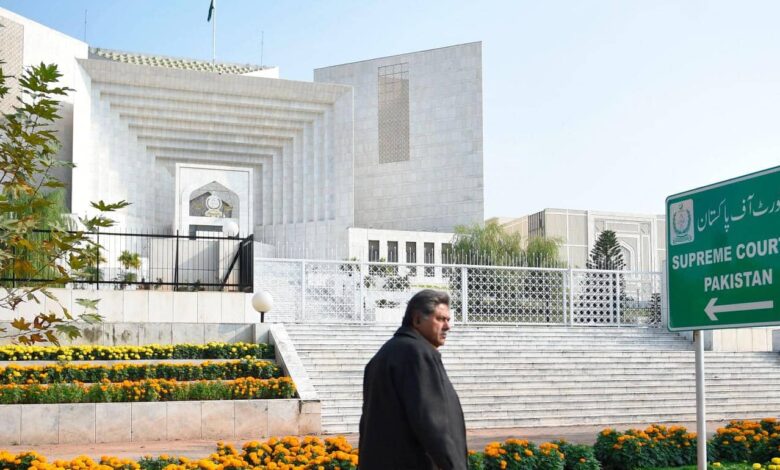
It is sure to have a chilling effect on the whole Pakistani judiciary, allowing the ruling party/coalition and the Army in the background a better bargain.
Almost immediately after the 26th Amendment of the Pakistan constitution was passed, the second most senior judge of the country’s Supreme Court, Yahya Afridi, took the oath of office as the Chief Justice of Pakistan on October 26. A day before, Chief Justice of the Supreme Court, Qazi Faez Isa, retired. Afridi was appointed in pursuance of the 26th Amendment.
Under this, the country’s Chief Justice will be chosen by a Special Parliamentary Committee of twelve members, which will be constituted based on “proportional representation” of the strength of the political parties in Parliament. The ruling party or coalition will choose the country’s chief justice. Naturally, the party leaders will nominate the committee members.
The Constitution obliges the Committee to name a Chief Justice from out of the three most senior judges of the Supreme Court. This breaks the practice that has been followed for the past 14 years when the Supreme Court judge of the time became the Chief Justice of this country.
The four members of the Pakistan Muslim League (N) formed the Committee which selected Afridi. Three were from the Pakistan People’s Party, two were from Pakistan Tehreek-e-Insaaf, and the Sunni Ittehad Council, MQM, and JuI (F) had one member each. This Committee refused to accept the claim of the senior judge, Mansoor Ali Shah, to choose Afridi.
Many observers feel that the real intent of the constitutional Amendment was to prevent Shah, who is suspected to be a friendly sympathizer with the jailed but very popular PTI chief, former Prime Minister Imran Khan, from sitting at the Chief Justice’s chair.
At this hour, when Khan and Army Chief Asim Munir are locked in a fight to the finish, Munir could hardly afford to have a Chief Justice embarrassing either the Army or the present coalition government that is led by Shahbaz Sharif, PML(N) leader and Nawaz Sharif’s brother.



